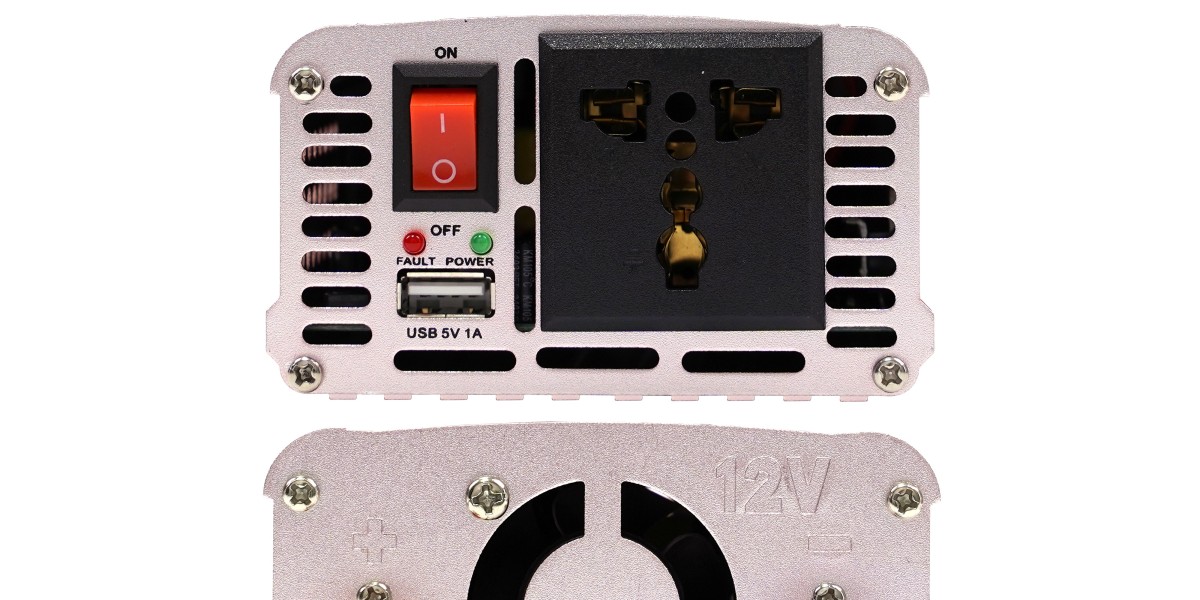Did you ever think about all the various kinds of inverters there are for solar? Inverters are an integral part of a solar power system because they convert power from the sun into electricity that you can use in your home. inverters are largely classified into grid-tie and off-grid types. Every kind has its own unique features and advantages. Let’s compare grid-tie to off-grid inverters to give you a better idea of which would be best for your energy needs.
Choosing the Right Inverter
There are a few important details to consider when choosing the right inverter for your power requirements. A primary distinction between grid-tie and off-grid inverters, is how they interface with the electrical grid. Grid-tie inverters are tied to the utility grid, so you can sell any extra electricity back to the grid. Off-grid inverters, on the other hand, do not connect to the grid and are used in those systems which are self-sufficient.
Advantages and Disadvantages of Both Inverters
The advantage of grid-tie inverters, of course, is that excess electricity generated can be sold back to the power company, reducing your electricity bill. They’re generally cheaper than off-grid inverters because they don’t require a battery backup system. But one inconvenience is that grid-tie solar inverters are not functional during a blackout, that is, when the grid is down.
On the other hand, off-grid inverters work well in the less connected areas where the utility grid does not reach. They also are capable of providing power when the grid is down, with the help of a backup battery. But off-grid inverters are more expensive initially and require regular maintenance to ensure the batteries are charging and functioning properly.
How to Choose Between the Two
When it comes to grid-tie and off-grid inverters, the choice you make will be based on how much power you need and what your preferences are. If you live in a strong-grid location and want to sell excess electricity back, a grid-tie inverter may offer the best solution. If you’re far from the grid or lose power often and want backup electricity when the grid is down, then an off-grid inverter might be better for you.
Summary of Inverters
In short, you really can’t substitute an off-grid inverter for a grid-tie and you can’t sub an on-grid inverter for your off-grid variant. The grid-tie inverter is a good choice for homeowners interested in cutting their bills and aiding the environment by selling excess electricity. off grid inverters are ideal for remote locations and for when the grid is down.
Regardless of which inverter you decide to go with, consider your energy needs before making a decision. With the appropriate inverter, you can harness the power of the sun, and get clean energy for decades.








